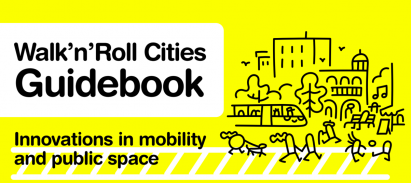What's new
Check URBACT's latest stories, updates and events!
-
-
Event
![Join [u]s logo for URBACT APN campaign](/sites/default/files/styles/teaser_image/public/2023-01/Join%20%5BU%5Ds%20banner%20NUP%20Webpage%20630x400_1.png?itok=QaxW3po4)
Action Planning -verkostohankkeiden hakukierros: OSALLISTU TIEDOTUSTILAISUUTEEN!
Tilaisuus järjestetään tiistaina 7.2.2023 Kuntatalolla Helsingissä Toinen linja 14, neuvotteluhuone B3.3. Akaatti. Tilaisuuteen on mahdollisuus osallistua myös etänä. Ennakkoilmoittautuminen 2.2.2023 mennessä alla olevan linkin kautta.Tilaisuuden ohjelma:
9.30-10.00
Aamukahvi + purtavaa










